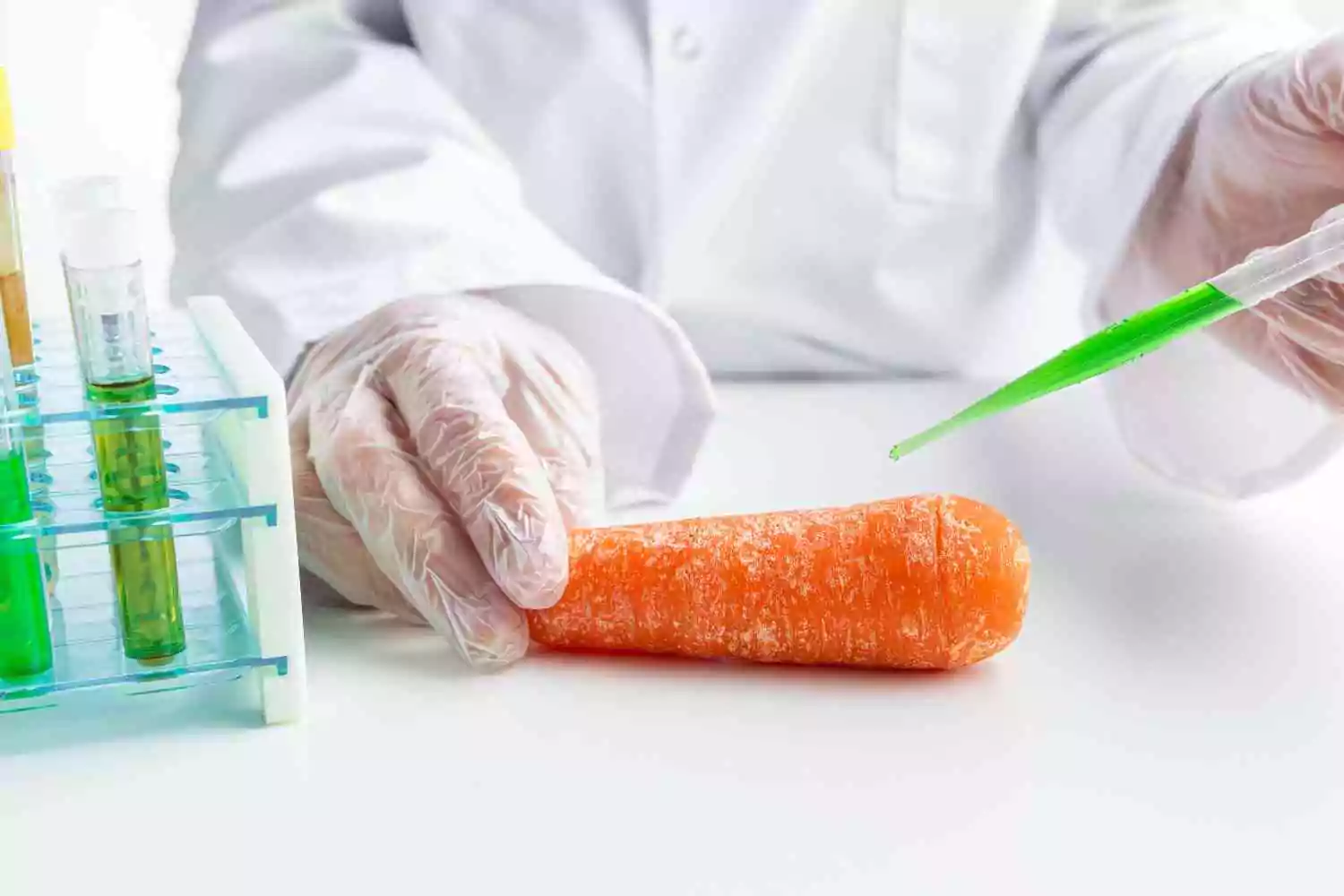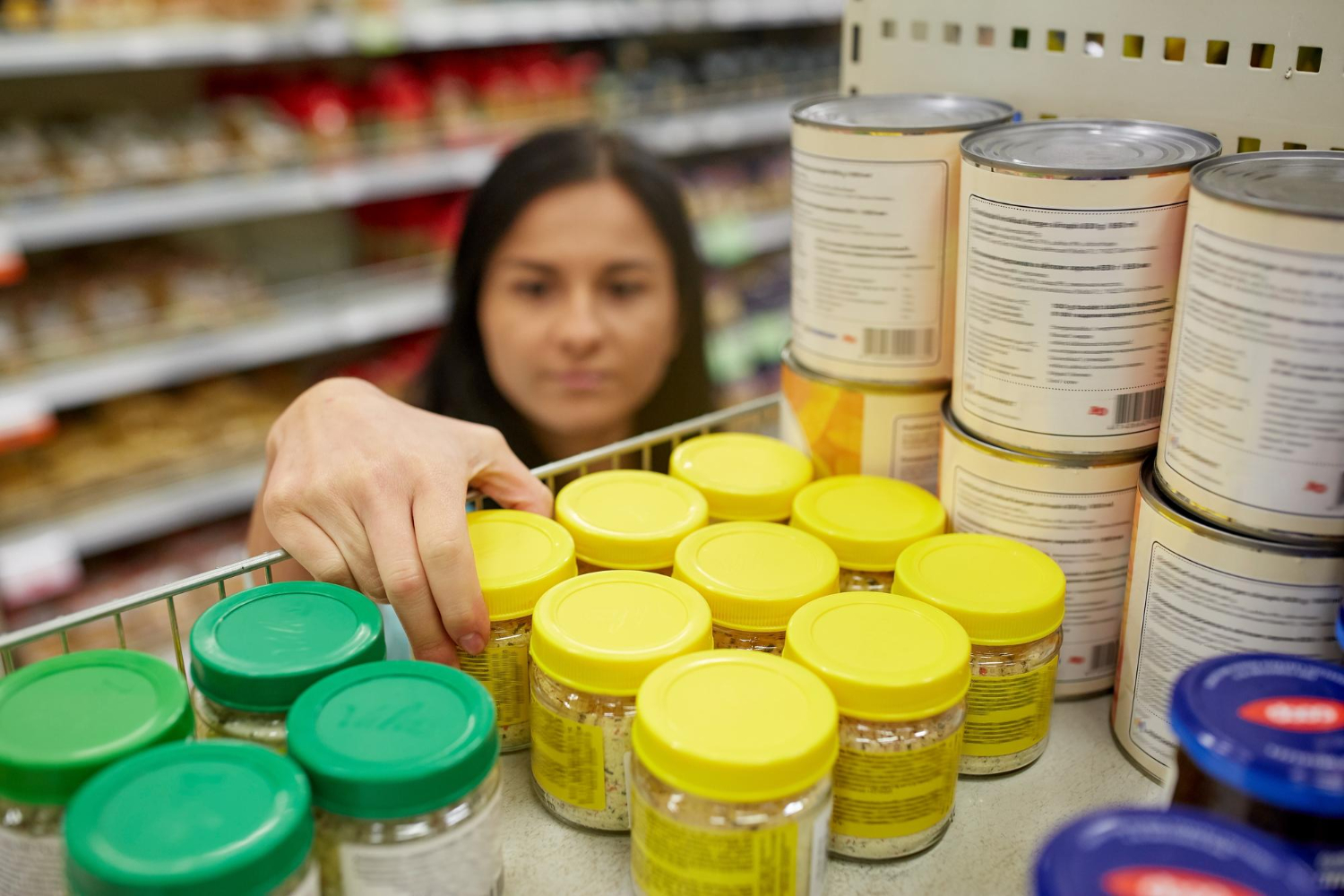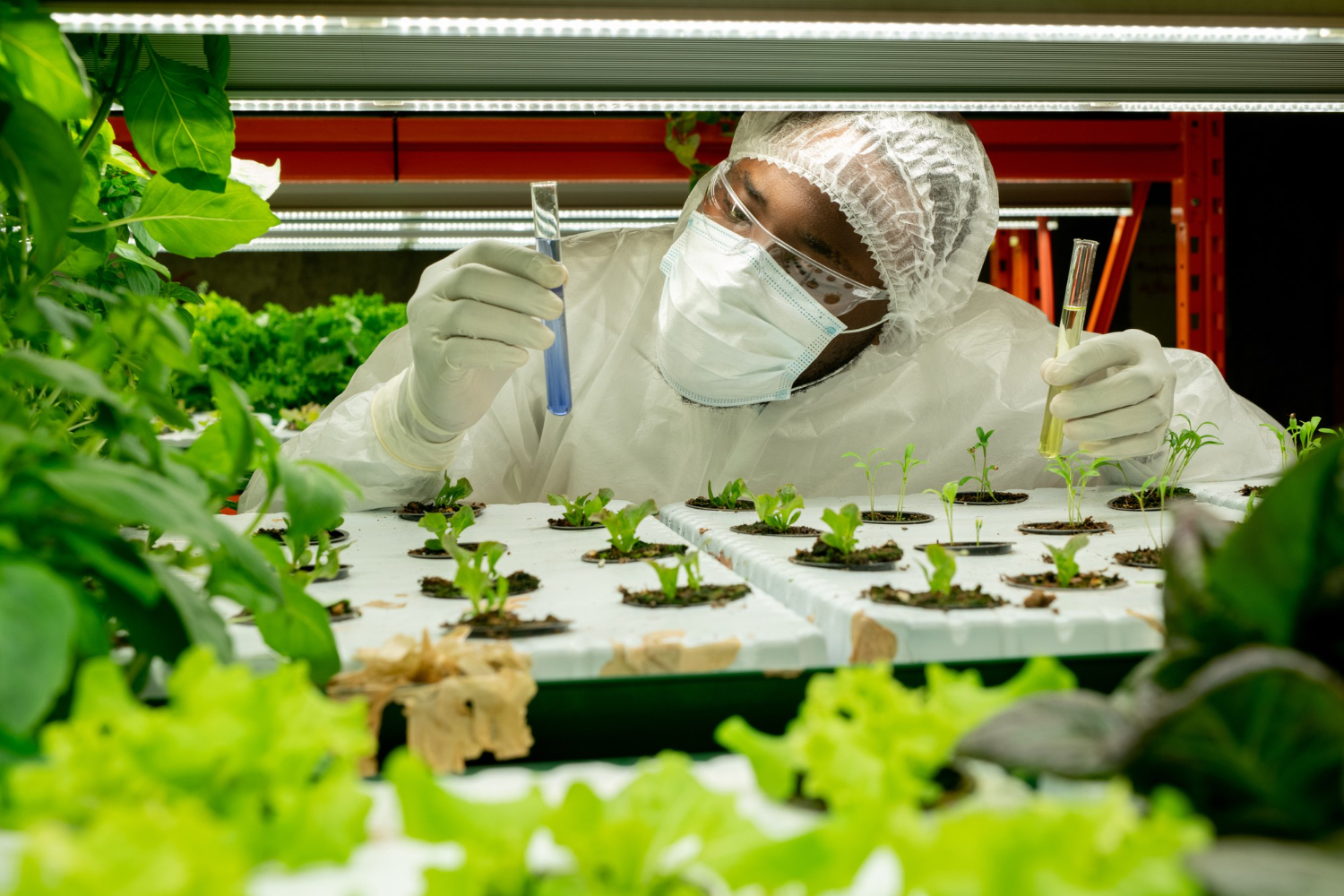Know the Hidden Truth of Bakery Products

The hectic lifestyle and changing dietary patterns have given rise to a demand for ready-to-eat food, which drove the Indian bakery market to its peak. Bread has become a part of the staple diet in every household, making it convenient for people to prepare their breakfast or lunch on a daily basis. While it is convenient, it is also important to pay attention if it is causing more harm than good to the consumers.
Traditionally, bread was baked in small bakeries using basic ingredients like flour, water, yeast and salt. This process has continued for nearly half of a century, making the bread white and light and staying like that for days. With advancing technology exploring more ways to adulterate baked products, it becomes evident that public health is at risk.
The Extra Ingredients
Enzymes are the special ingredient that bakers add to the mix to bake fluffy dough into light and white bread. A loophole in the guidelines classifies them as ‘processing aids’, which need not be mentioned on product labels. Meanwhile, additives must be listed and cannot be left out. It is no surprise that the majority of consumers don’t realise their bread contains added enzymes. Other extra ingredients include oil, sugar, preservatives, acidity regulators, stabilisers and emulsifiers.
The widely used agent in the baking business, potassium bromate, has adverse effects on human health. It is notable for enhancing the quality but is also known to cause stomach torment, sickness, retching, kidney problems, anuria, deafness and hypotension. It additionally influences the nutrients and unsaturated fat substance of the bread.
Know Your Food!
The main ingredient in any baked product is refined wheat flour or maida which, when consumed, breaks down the carbohydrate-rich flour into glucose. When excessive glucose is stored, it turns into fat, thereby leading to weight gain. It also undergoes a number of processing steps that strips the nutrients and fibre from it. Yeast can cause inflammation, digestive problems and increase the risk of chronic diseases. Preservatives such as sodium benzoate and potassium sorbate have been linked to cancer. Modern baking is all about saving time, and in order to do so, there is an impulse to add things to make the process easier and bread softer, cheaper and longer lasting.
Counterfeit additives can cause danger to human health, which predominantly includes hypersensitivity, asthma, hyperactivity, neurological harm and malignant growth. Manufactured cream used in cakes are reported to cause obesity and synthetic shading causes adrenal illness.
Bread Making System
With an evolved industrial bread making system that produces bread in massive quantities, a growing number of people are consuming products which they shouldn’t. The additives and enzymes used in the process are not apparent to the consumers, which raises the question of trust and accountability. The industry should be more concerned with the umpteen number of concerns and research highlighting the dark side of the baking business and be more transparent in displaying the ingredients.
The strategic incorporation of harmful contents meddles with the purchaser’s right to protected and quality food products. The profound unhealthiness of making bread should be resolved quickly, from wheat to finished loaf. The priority of the industry should be to set and follow rigid principles that are consumer centric.
Additionally, consumers must take conscious efforts to know their products before making buying decisions. Consumers must cut down reliance on the ready-to-cook and eat products and switch to home cooked foods for better health. Conducting research to know more about the ingredients and their harmful effects on the body could go a long way into leading fulfilling and healthier lifestyles.


























